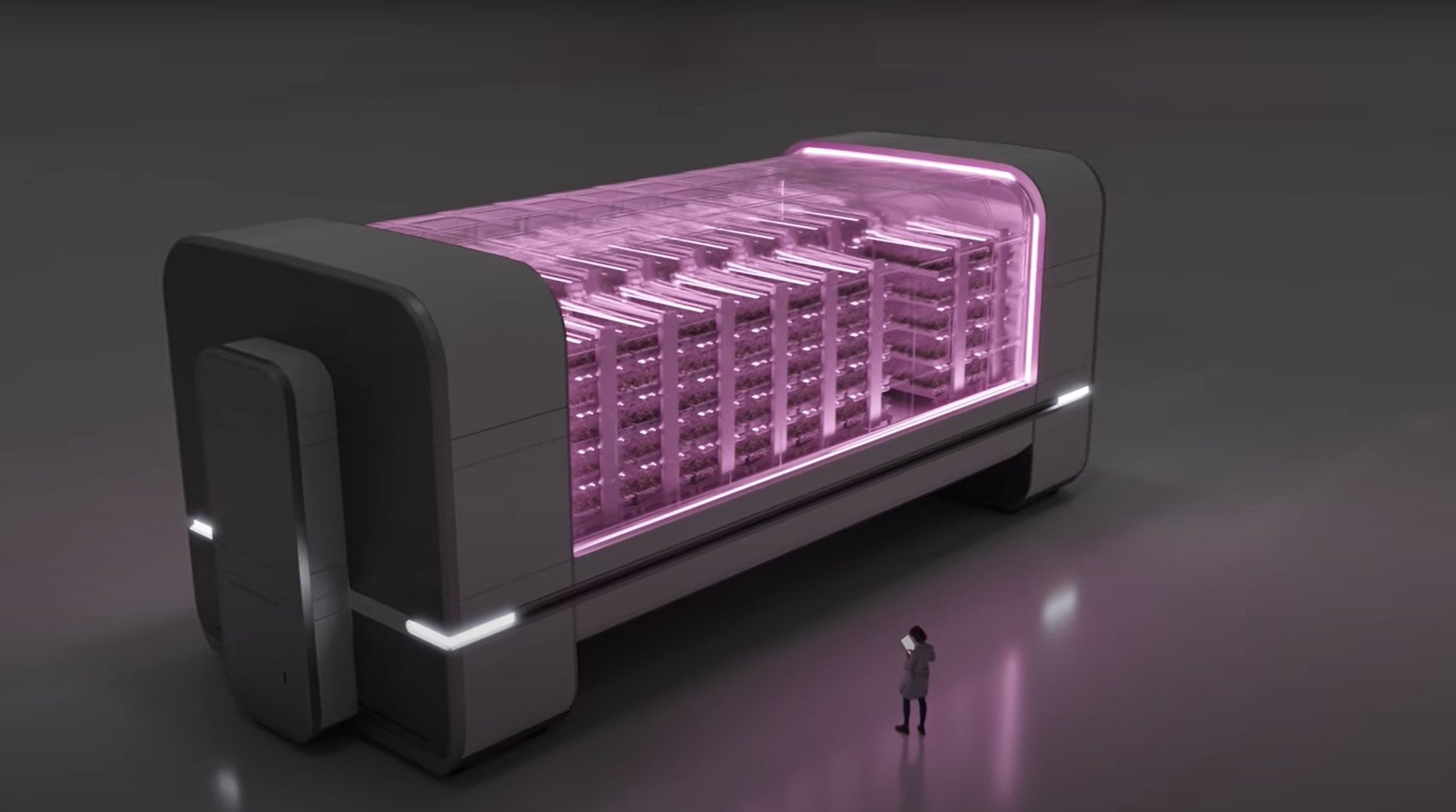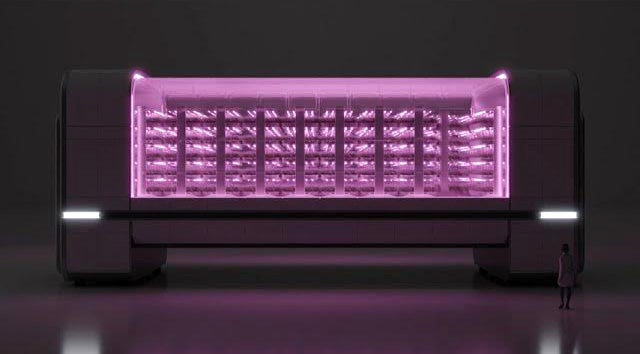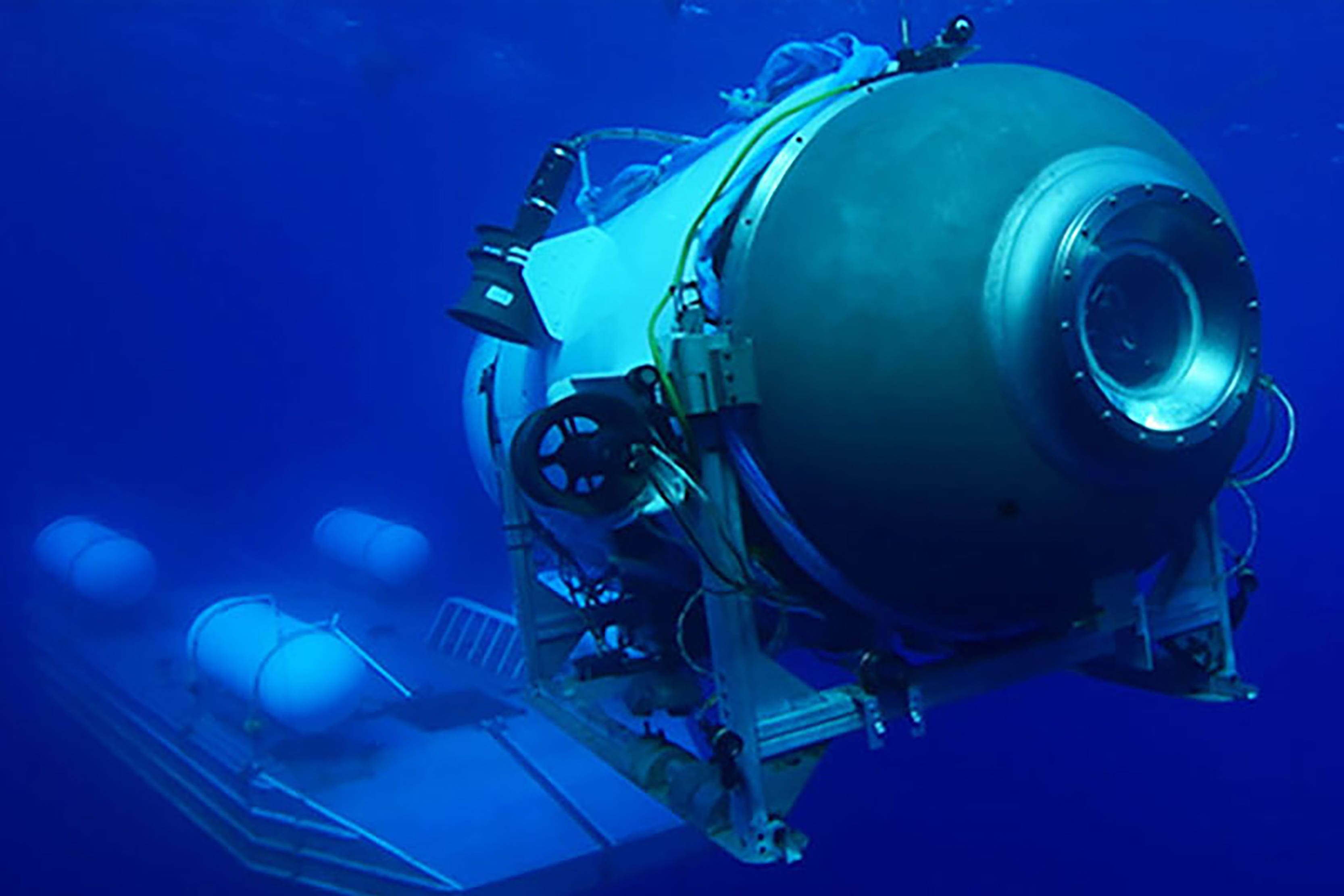OceanGate co-founder claims milestone in quest to put humans on Venus
Guillermo Söhnlein shared a post about a new “biopod” with its own climate system that could be used to help humans thrive on the otherwise uninhabitable planet.
Your support helps us to tell the story
From reproductive rights to climate change to Big Tech, The Independent is on the ground when the story is developing. Whether it's investigating the financials of Elon Musk's pro-Trump PAC or producing our latest documentary, 'The A Word', which shines a light on the American women fighting for reproductive rights, we know how important it is to parse out the facts from the messaging.
At such a critical moment in US history, we need reporters on the ground. Your donation allows us to keep sending journalists to speak to both sides of the story.
The Independent is trusted by Americans across the entire political spectrum. And unlike many other quality news outlets, we choose not to lock Americans out of our reporting and analysis with paywalls. We believe quality journalism should be available to everyone, paid for by those who can afford it.
Your support makes all the difference.The OceanGate co-founder has claimed the latest milestone in his quest to colonise Venus as the inquiry into the Titan submersible disaster continues.
Taking to LinkedIn, Guillermo Söhnlein, 58, shared a post about a new “biopod” with its own climate system that could be used to help humans thrive on the otherwise uninhabitable planet.
“This marks yet another major milestone for E2MC Ventures portfolio company Interstellar Lab in its quest to help make humanity a multi-planet species... while also helping to improve life here on Earth,” he wrote yesterday (25 September).
“Keep up the great work... there’s so much more to come!”
The creator of the BioPod, Interstellar Lab, explained that it is “designed for intensive and sustainable production of plants and high-value botanicals” and can produce in excess of seven tonnes of products a year.
Mr Söhnlein co-founded OceanGate alongside Stockton Rush, 61, in 2009 and left the company in 2013 to focus on several other projects including the Humans2Venus Foundation.
The non-profit, established in 2020, has the far-fetched aim to promote Venus as a potential future long-term home for humanity, despite the fact we have not yet physically travelled further than the moon.


Explaining how we can safely put humans on Venus earlier, the Argentinian-born Oceangate co-founder even insisted that it is possible to “embark on our Venusian journey TODAY... and do it safely and cost-effectively” earlier this year.
In his opinion, Venus has more potential to make humanity a multi-planet species than our closest neighbour, Mars.
“The reality is that Venus is much closer to Earth and has a much more similar orbit, which makes it much more accessible than Mars (lower cost, more frequent flight windows, shorter transit times, higher safety, etc.),” he wrote on his blog.
“If anything, one could argue that sending humans to Venus BEFORE sending them to Mars might be a better way to safely develop the capabilities to create a Martian community.”

The post follows Mr Söhnlein’s testimony on Monday (23 September) at the ongoing inquiry into last year’s Titan submersible disaster, which took place after he left OceanGate in January 2013.
He said that “developing our own subs was not in the original plans.”

However, because of the scale of the company’s ambition to take people to the deep ocean, OceanGate quickly realised that it would have to develop its own vehicles.
“If you think about our business requirements of being able to carry five people 6,000 meters without a dedicated mothership deployable anywhere in the world – none of the sub-builders could really do that,” he said.
“Then, if you did factor in the cost, yeah, it was going to be ridiculously expensive.”
The court previously heard last week from former Oceangate operations director David Lochridge that he had raised several concerns about the design of the Titan submersible and was fired as a result.
He explained that, in his opinion, it was simply a matter of when a tragedy would occur and not if.
The inquiry comes to a close on Friday.
The Independent has reached out to Humans2Venus for comment.
Join our commenting forum
Join thought-provoking conversations, follow other Independent readers and see their replies
Comments